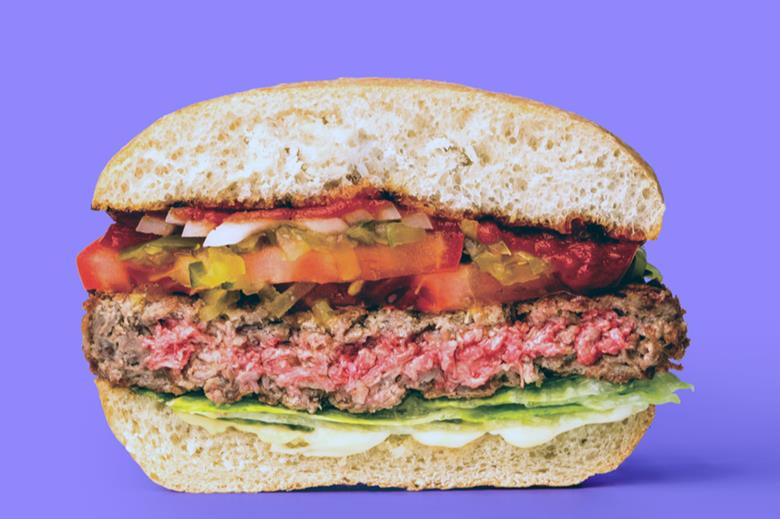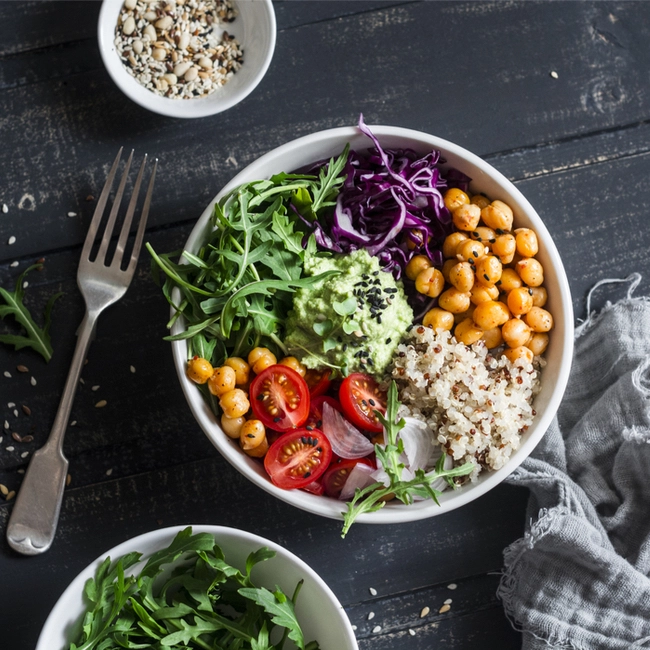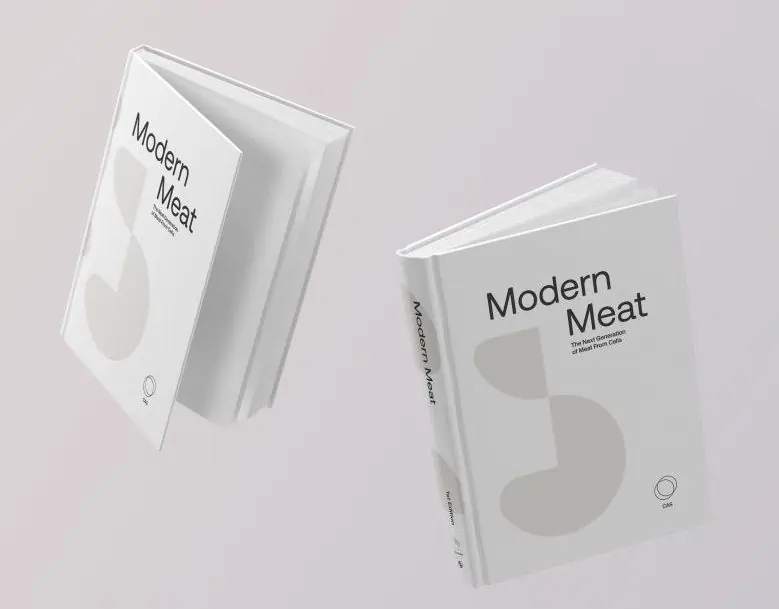Writer and cook Alicia Kennedy says ‘tech burgers’ were only ever a distraction
Despite signs the meatless burger industry is losing steam, writers, chefs and industry experts say there is hope consumers will continue exploring other plant-based options to replace the meat on their dinner plates.

Last week, Beyond Meat, a plant-based meat-substitute maker, said that in its second quarter, revenue dropped by 30 per cent compared with a year ago.
The news — though discouraging to some — isn’t surprising to American food writer and cook Alicia Kennedy, who says “tech burgers” are mostly just a distraction from the more important task of getting people to replace the meat in their meals with interesting and tasty vegetables, legumes and whole grains.
Five years ago, a Dalhousie University study estimated that 6.4 million Canadians limit the amount of meat they eat; it also found that 63 per cent of those respondents who said they were vegan were under the age of 38.
The United Nations has long said people should eat less meat since “the largest chunk of food-related greenhouse gases comes from agriculture and land use.” According to the UN, meat production often requires extensive grasslands, which often means cutting down trees and releasing carbon dioxide stored in forests.

Meatless burgers touted as solution
For a number of years, meatless burgers were seen as a big part of the solution to convince people to give up meat, Kennedy, author of the new book No Meat Required, said in an interview with The Sunday Magazine.
“It was heralded as the real answer … to solve the climate crisis,” said Kennedy, who ditched meat in 2011, first for veganism and now as a vegetarian. “If only we could replace our hamburgers with something that was hamburger-like. Then people would make this switch.”
There was a lot of fanfare when Beyond Meat and its main competitor, Impossible Meat, hit supermarkets, fast-food joints and even expensive restaurants.
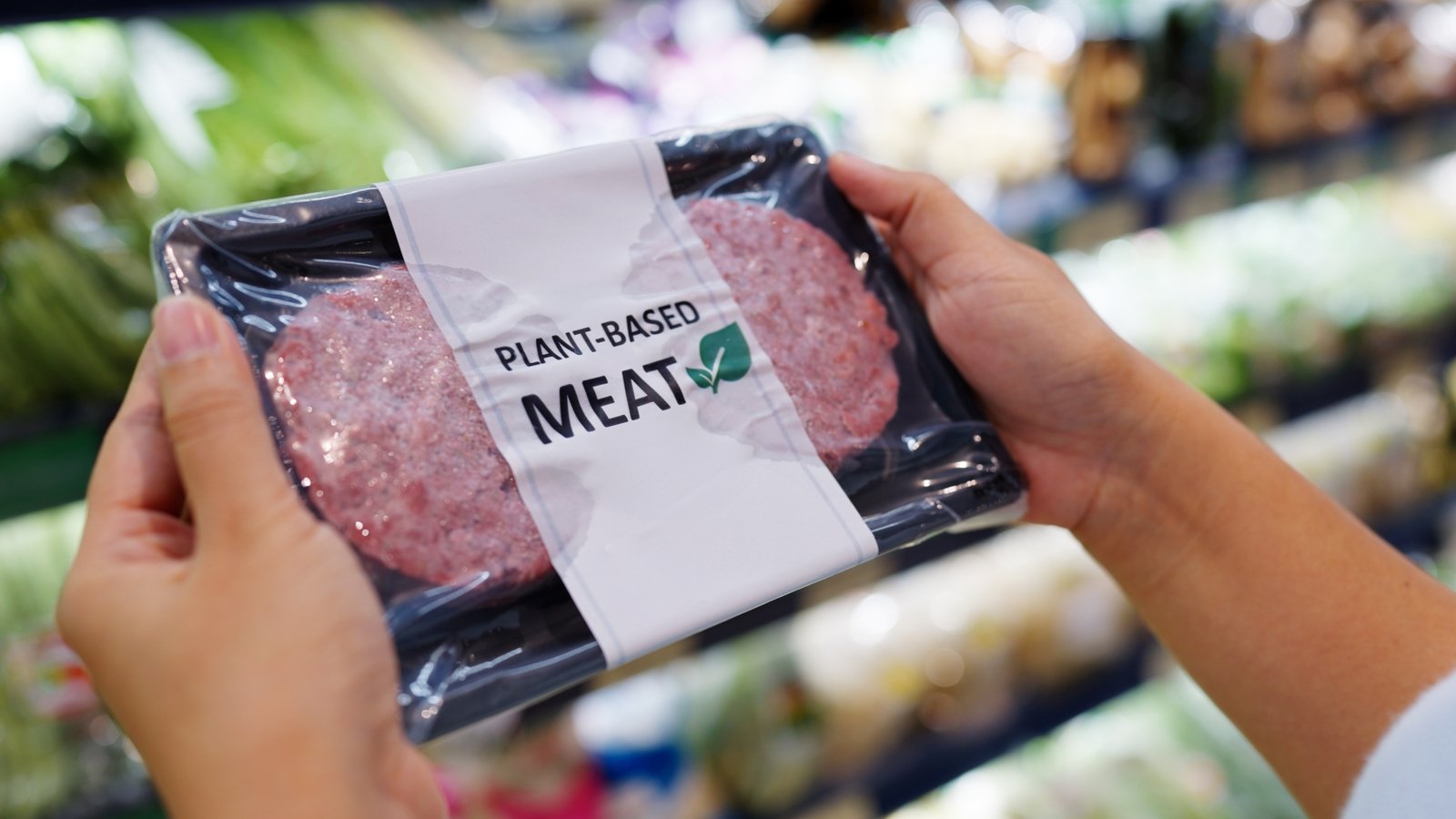
In 2016, renowned New York City chef David Chang posted a photo of a meatless burger on social media and wrote, “Today I tasted the future and it was vegan: this burger was juicy/bloody and had real texture like beef. But more delicious and way better for the planet. I can’t really comprehend its impact quite yet … but I think it might change the whole game.”
“That moment really shifted how we were able to talk about vegetarian and vegan food because suddenly it wasn’t strange,” Kennedy said. “Then in 2022, we start to see a drop in the market for these kinds of meat…. People are less interested in them.”
She added: “I think we had to go through this kind of phase of normalizing tech meat, getting plant burgers into fast-food restaurants in order to come back around and say, ‘Hey, I kind of liked it better when I could see the carrot in my veggie burger.'”
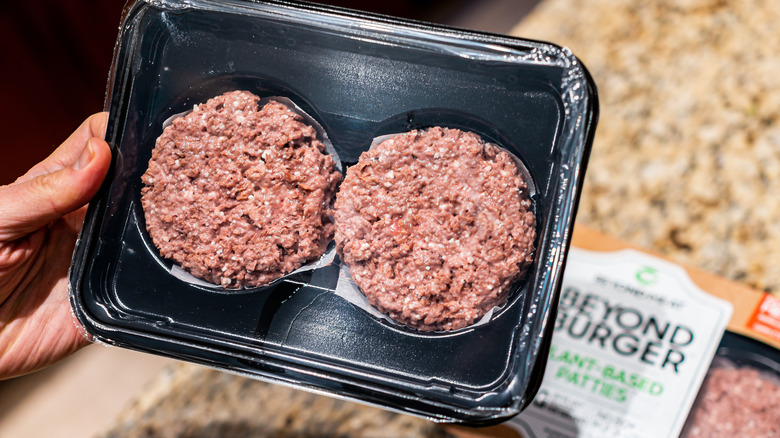
** Click here to read the full-text **





